Email banned: Now what?
What are the alternative workplace communication options in a world where email is banned?
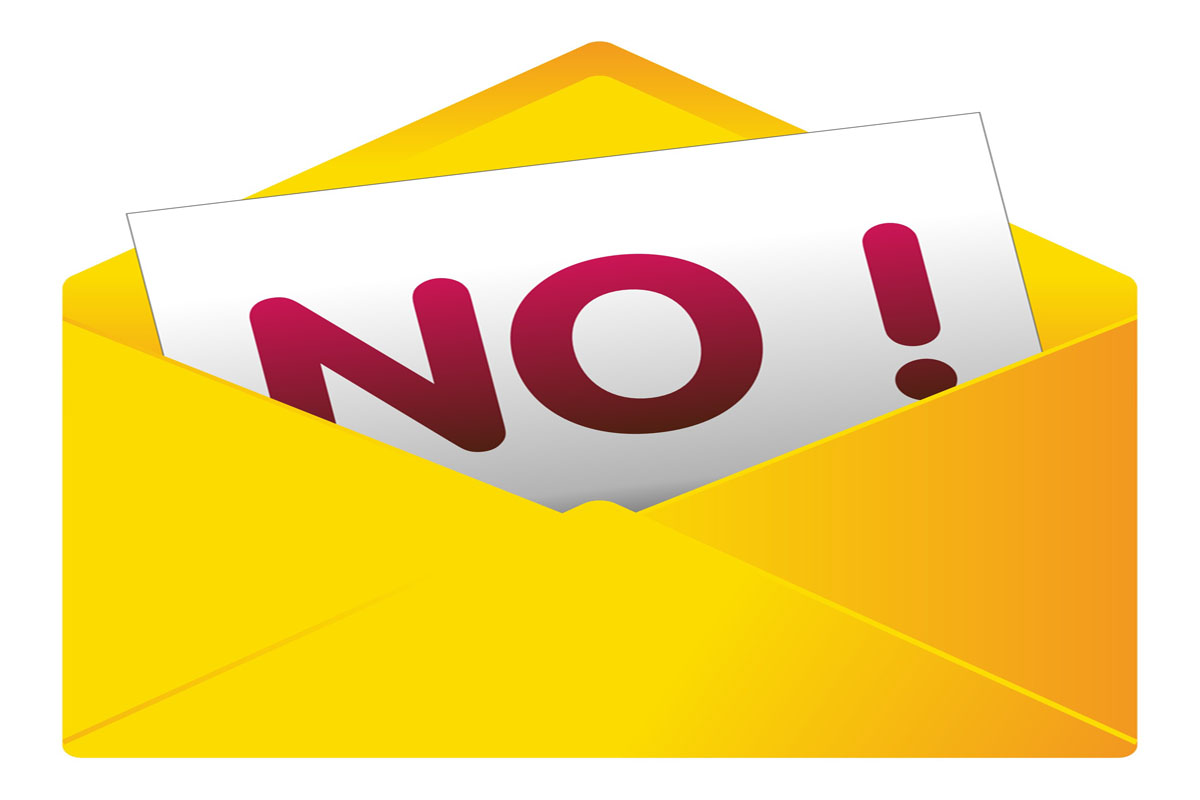

The key learning from this report says that by replacing internal email with a social network, workers have more messages to sift through and have to go looking for information because email has low noise - much of the time, emails are straight and to the point. Social, on the other hand, is exactly what its moniker suggests. Social means messages are going backwards and forwards and, as such, they're more likely to include things that are essentially off-topic.
Companies using an enterprise social service found employees had to spend more time looking for information, according to the research.
The problem may just be that social enterprise services haven't quite evolved enough to completely eliminate the need for internal email, claims Forrester analyst Philipp Karcher.
"Social today is a complement, not a replacement for email. Employees in the most mature social enterprises still check their inbox first and activity streams second," he says.
The solution could be email in the cloud allowing employees to have bigger inboxes with a better search and sorting facility, allowing social services to operate on the side.
"There are also new useful technologies to organize email like priority inbox and more radical solutions in the form of email filtering services like Sanebox," he explains.
Mann concurs, adding: "Match the tool to the style of working and incorporate it directly into processes. With no guidance or structure, people drop to the lowest common denominator that they know everyone looks at every day. Give them something better."
Get the ITPro daily newsletter
Sign up today and you will receive a free copy of our Future Focus 2025 report - the leading guidance on AI, cybersecurity and other IT challenges as per 700+ senior executives
Some firms are having success with the social side of things though. In 2011, Thierry Breton, CEO of consulting and technology services firm Atos, decided to ban email to encourage his employees to start talking again, instead of relying on technology.
The company has 76,000 employees in 42 different countries and after asking its employees about their email habits, it turned out they spent between 15 to 20 hours a week checking and answering internal emails, with around 100 internal emails arriving a day. Only 15 per cent of these emails were deemed useful.

Clare is the founder of Blue Cactus Digital, a digital marketing company that helps ethical and sustainability-focused businesses grow their customer base.
Prior to becoming a marketer, Clare was a journalist, working at a range of mobile device-focused outlets including Know Your Mobile before moving into freelance life.
As a freelance writer, she drew on her expertise in mobility to write features and guides for ITPro, as well as regularly writing news stories on a wide range of topics.
-
 Asus ZenScreen Fold OLED MQ17QH review
Asus ZenScreen Fold OLED MQ17QH reviewReviews A stunning foldable 17.3in OLED display – but it's too expensive to be anything more than a thrilling tech demo
By Sasha Muller
-
 How the UK MoJ achieved secure networks for prisons and offices with Palo Alto Networks
How the UK MoJ achieved secure networks for prisons and offices with Palo Alto NetworksCase study Adopting zero trust is a necessity when your own users are trying to launch cyber attacks
By Rory Bathgate
-
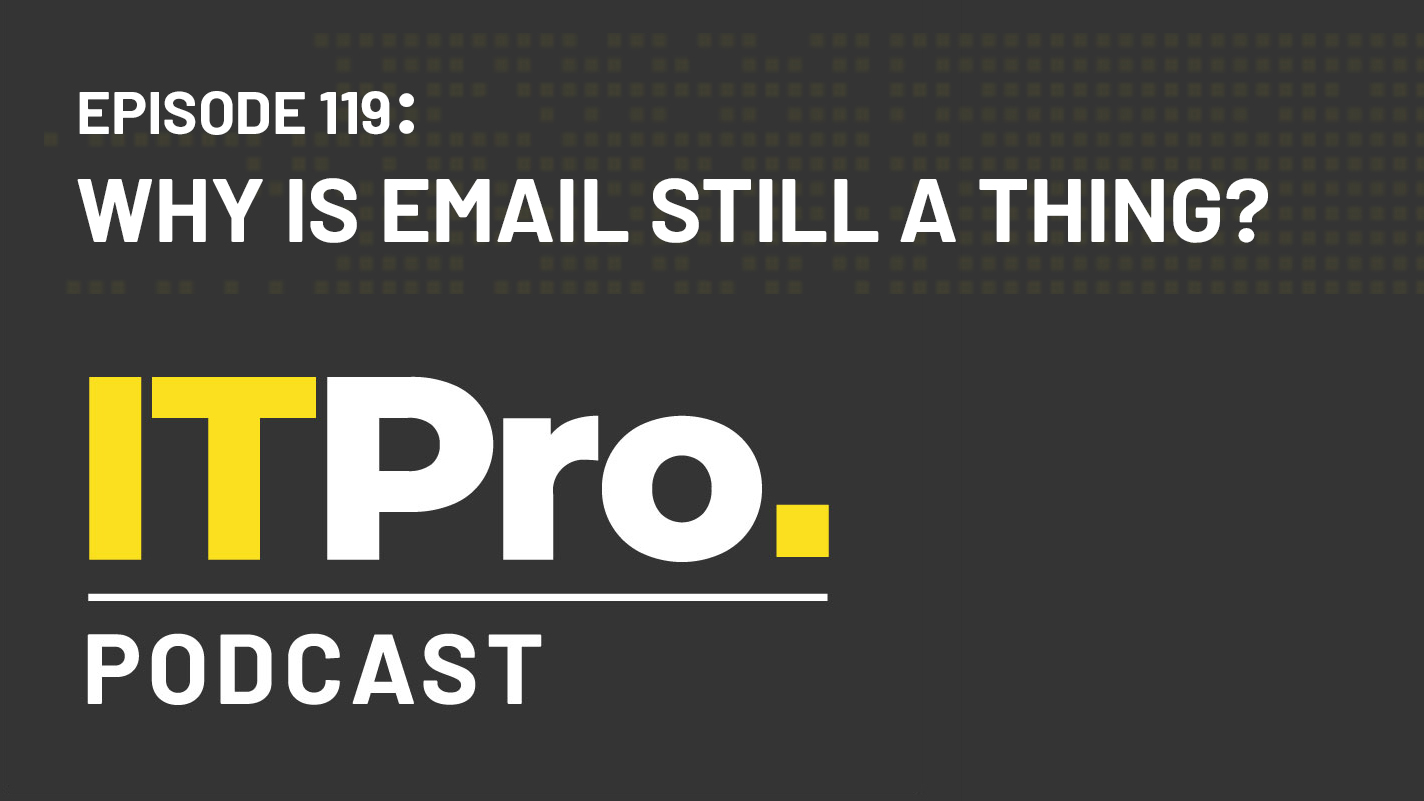 The IT Pro Podcast: Why is email still a thing?
The IT Pro Podcast: Why is email still a thing?IT Pro Podcast Despite a proliferation of newer collaboration platforms, email stubbornly refuses to go away
By IT Pro
-
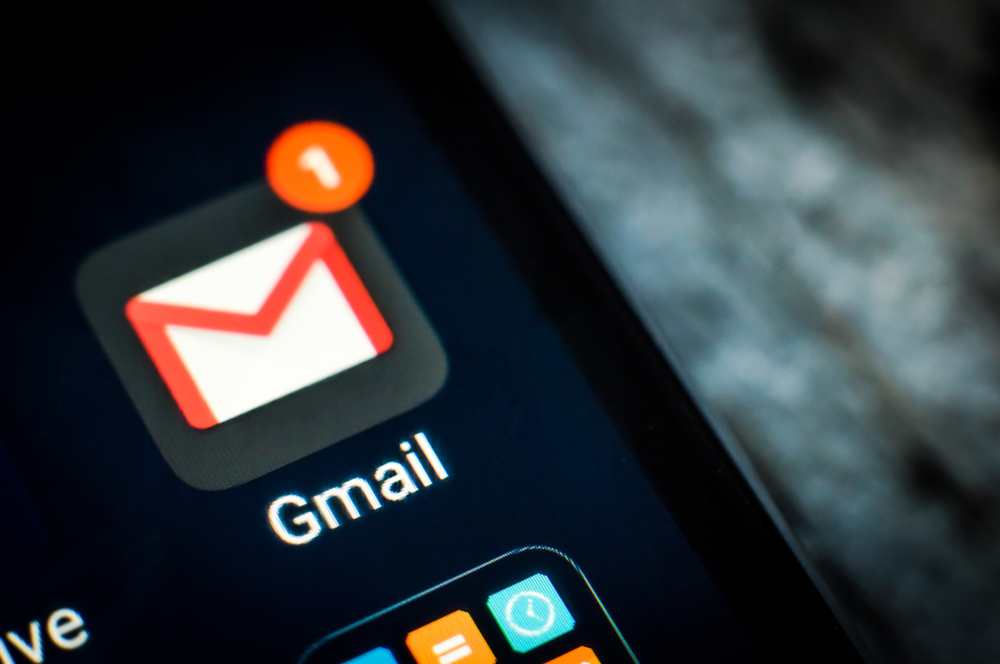 Google targets phishing with full BIMI email logo authentication support
Google targets phishing with full BIMI email logo authentication supportNews Gmail will tie logos to DMARC authentication
By Danny Bradbury
-
 The most secure email services of 2023
The most secure email services of 2023Best Email is not secure by design, but these email providers allow you to send emails with top-level security
By Rene Millman
-
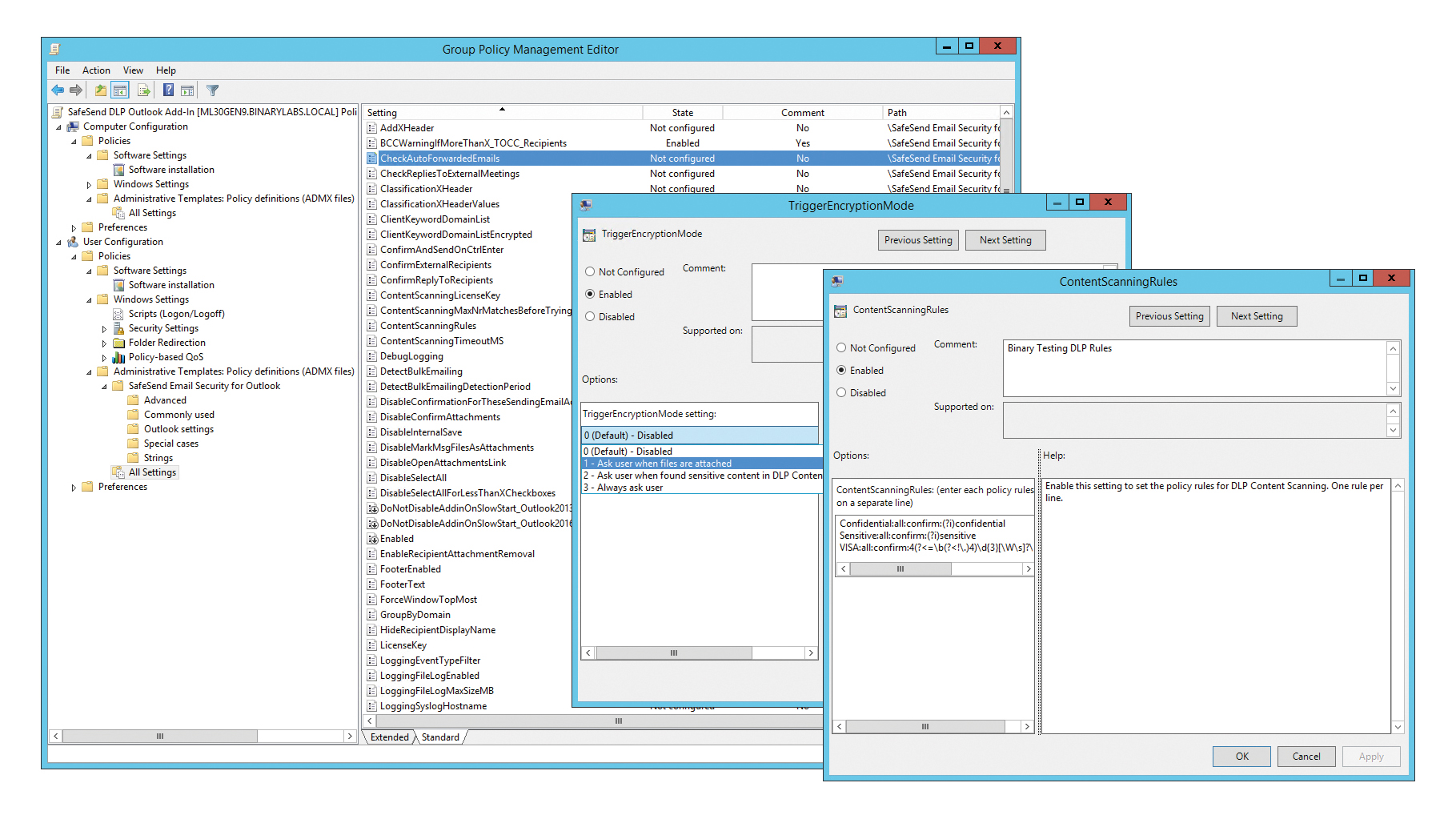
 SafeSend Email Security for Outlook review: A great solution for security-conscious SMBs
SafeSend Email Security for Outlook review: A great solution for security-conscious SMBsReviews An invaluable last line of defence against Outlook email disasters that’s easy to deploy and manage
By Dave Mitchell
-
 White House launches official investigation into use of personal email accounts
White House launches official investigation into use of personal email accountsNews Senate Intelligence Committee rebukes Kushner for omitting private account
By Adam Shepherd
-
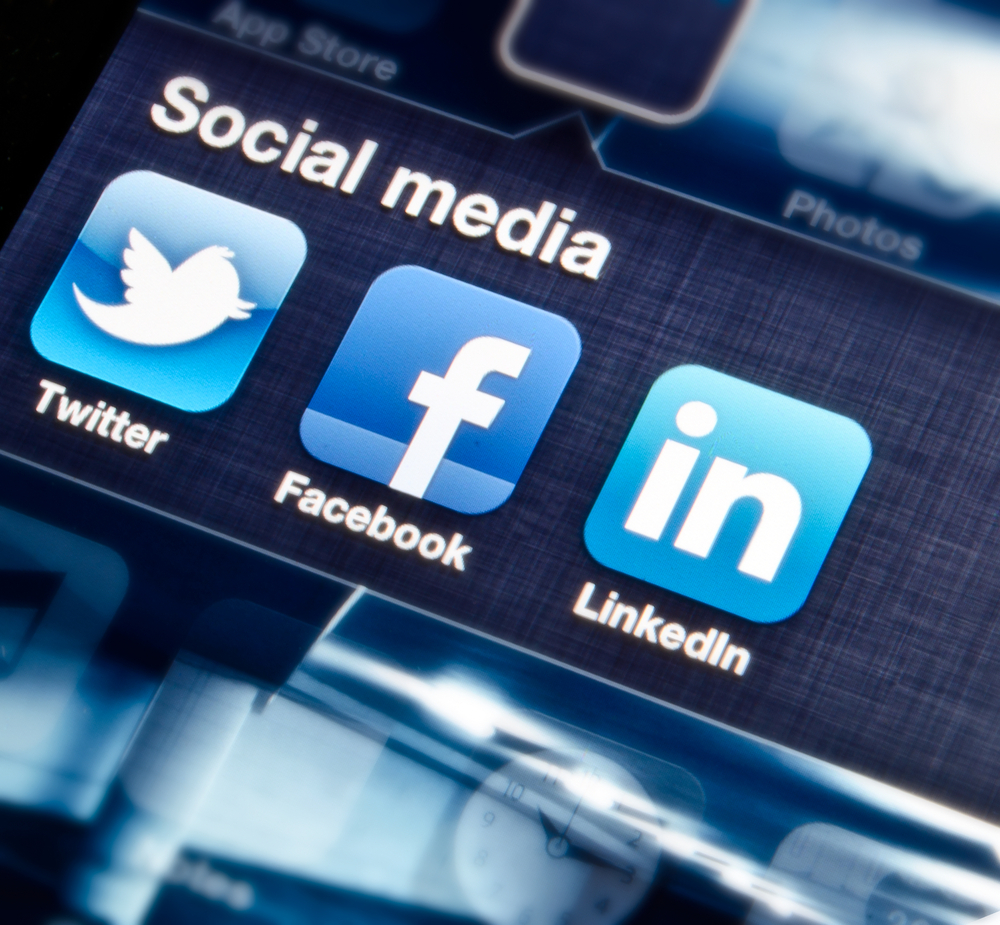 How can IT leaders make the most of social media in business?
How can IT leaders make the most of social media in business?In-depth Real world organisations explain how they avoid the pitfalls of social media
By Mark Samuels
-
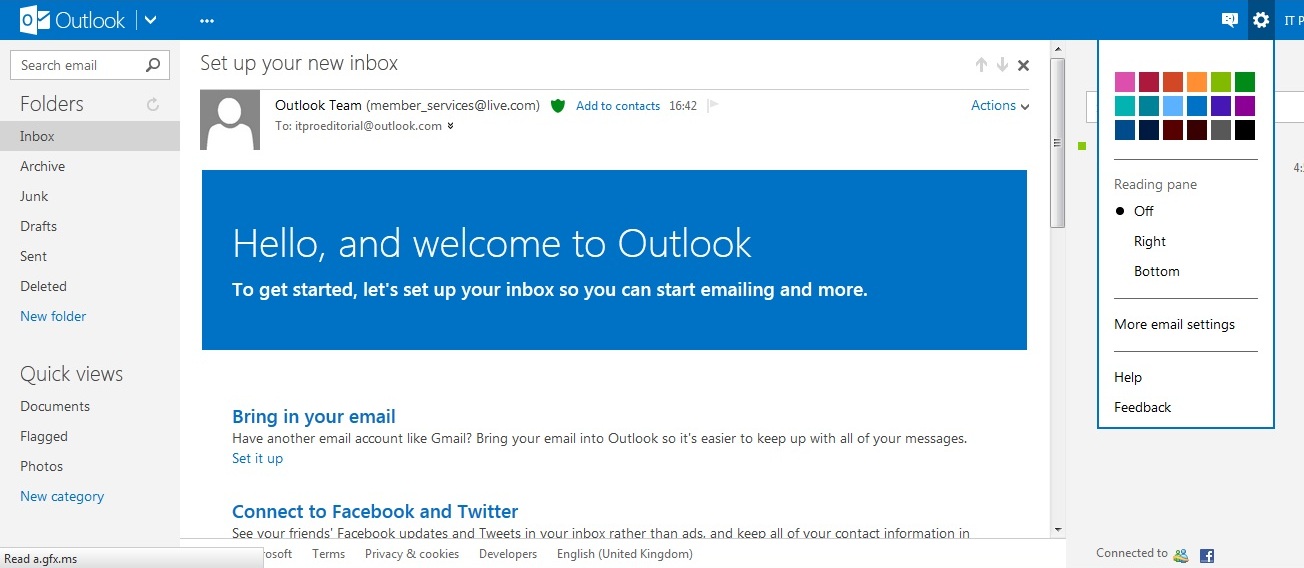 I don’t like Outlook.com. Where can I complain?
I don’t like Outlook.com. Where can I complain?Tutorials I don’t like Outlook.com. Where can I complain?
By Caroline Donnelly
-
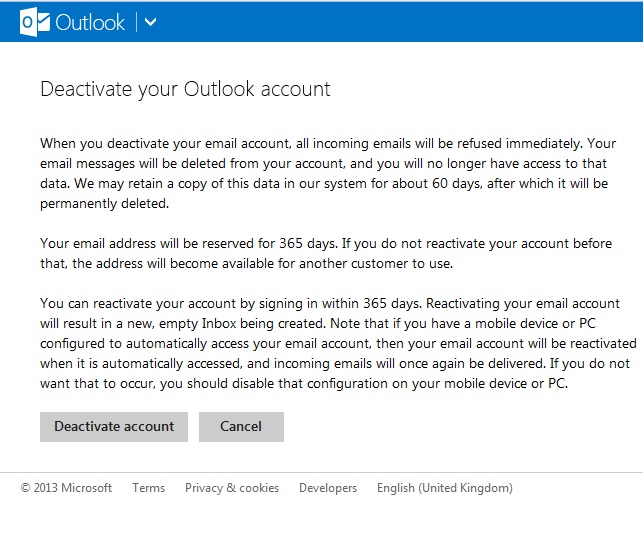 I’m switching to Gmail. How do I close down my Outlook account?
I’m switching to Gmail. How do I close down my Outlook account?Tutorials Microsoft has made it relatively easy to deactivate Outlook.com accounts. Find out how with our easy guide.
By Caroline Donnelly